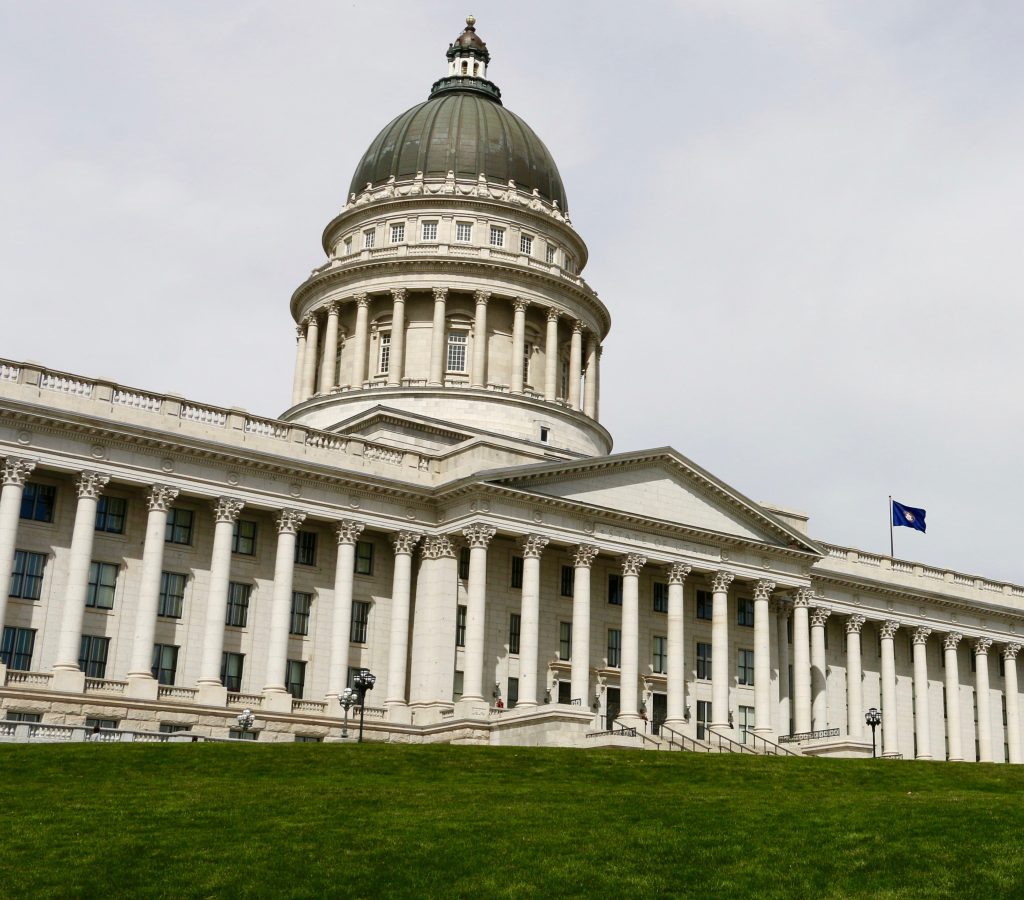NFIB helped win some big victories for small business
NFIB Utah State Director Casey Hill reports on the small-business agenda at the March 4 end of the Utah State Legislature’s 2022 session
The 2022 session of the 64th Utah State Legislature was less than two-months long, but NFIB was able to help pass five bills of substantial benefit for its small-business owning membership.
Increased Tangible Personal Property Tax Exemptions
From start to finish, NFIB was the lead group pushing for the successful passage of Senate Bill 93, NFIB’s top priority for the year. The bill exempts supplies used in the course of business from personal property tax, and it exempts certain tangible personal property consumed in the performance of a taxable service from sales and use tax. State Director Casey Hill’s testimony before the House Revenue and Tax Committee can be read here.
Won Tax Rate Reduction
NFIB strongly lobbied for the passage of Senate Bill 59, which lowers the state income tax rate from 4.95% to 4.85%. The legislation swiftly passed the legislature and was signed into law by Gov. Spencer Cox on February 11. Of the 75 issues ranked by NFIB’s Small Business Problems & Priorities report, state taxes on business income came in seventh. SB 59 will allow small-business owners keep more the money they earn.
Raised E-Verify Exclusion Threshold
Strongly supported by NFIB members with committee testimony provided by State Director Casey Hill, House Bill 252 increased from 15 to 150 the number of employees a private employer may have before they must use the status verification system (E-Verify) for a new hire. HB 252 will reduce the enforcement burden placed on employers and lower time-consuming compliance costs.
Obtained Liability Protection Against Unfair Lawsuits
With strong support from NFIB, Senate Bill 95 makes it clear that an employer does not have liability for negligently hiring an employee who has been previously convicted of an offense.
Acquired Financial Help for Small Business Manufacturers
NFIB also strongly supported Senate Bill 212, which with initial funding of $10 million, creates the Manufacturing Modernization Grant Program within the Governor’s Office of Economic Opportunity. The program will provide an opportunity for small business manufacturers to apply for a small grant to help them automate processes.

